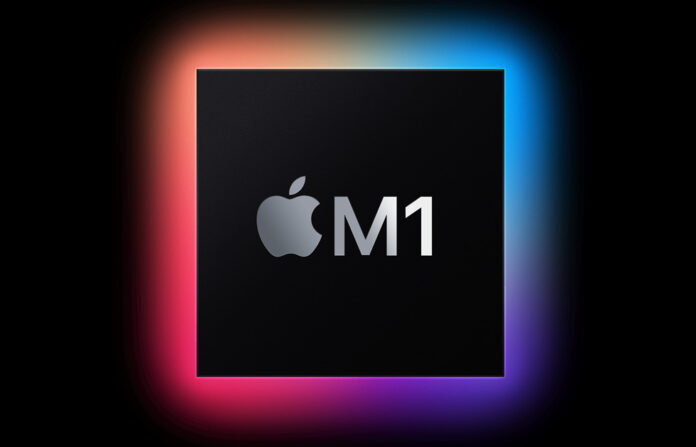Apple silicon-powered Macs in the cloud yield 60% better price performance over Intel, AWS claims
To develop Apple apps, you need a Mac. So, what do you do if you don’t have one? One option is to turn to the cloud. Since late 2020, Amazon Web Service (AWS) has offered the capability. AWS customers can already instantly provision macOS environments in the cloud, instead of relying on on-premises hardware. But up to now, there’s been a bottleneck: Virtual Mac instances built using Amazon’s EC2 service have been Intel-only. AWS has added Apple’s custom M1 silicon to the mix after months of previewing the capability in limited release. AWS recently announced the general availability of Elastic Compute 2 (EC2) M1 Mac instances for all AWS developers.
The company said the new Mac instances provide up to 60% better price performance than their predecessors. AWS has been testing EC2 M1 Mac instances in preview mode since they were announced at the re:Invent 2021 conference, but this news marks their general availability for everyone.
This will help AWS customers develop software for Apple devices in the cloud, said AWS Principal Developer Advocate Sébastien Stormacq. The service uses physical Mac mini systems connected to Nitro, the core virtualization and hypervisor platform which enables AWS EC2 services to operate. The Macs attach to AWS Nitro using Thunderbolt, Apple’s external expansion interface for Macintosh computers. M1 Mac minis come equipped with Thunderbolt 3, which provides up to 40 Gigabits per second (Gbps) transfer speed.
“EC2 Mac instances are dedicated Mac mini computers attached through Thunderbolt to the AWS Nitro System, which lets the Mac mini appear and behave like another EC2 instance. It connects to your Amazon Virtual Private Cloud (Amazon VPC), boots from Amazon Elastic Block Store (EBS) volumes, and uses EBS snapshots, Amazon Machine Images (AMIs), security groups and other AWS services such as Amazon CloudWatch and AWS Systems Manager,” explained Stormacq.
AWS’s two-year Mac EC2 odyssey continues
AWS first introduced Mac EC2 support in 2020. At the time, AWS connected Intel Core i7-equipped Mac minis equipped with 32 GB RAM and 3.2 GHz CPUs. Concurrently, Apple ramped up production of the first Macs to use its silicon. The Macs Apple sells today run on Apple’s own custom Arm-based System on a Chip (SoC), which Apple claims is significantly more power efficient, performant and scalable than the Intel hardware it replaced. Apple’s wasted no time migrating the Mac line to the new SoC, which is already in its second generation.
Using the new instances, AWS developers can build apps which run natively on M1 Macintosh computers, and they can also use the virtualized environment to develop apps for other Apple products. The new M1 Mac Minis come with 16 GB RAM, 8 CPU cores, 8 GPU cores, and the 16-core Apple Neural Engine, used to accelerate machine learning tasks — a neural processing unit (NPU). Stormacq noted the devices’ improved processing performance, even in AWS configurations.
“EC2 M1 Mac instances deliver up to 60[%] better price performance over the x86-based EC2 Mac instances for iPhone and Mac app build workloads. For example, I tested the time it takes to clean, build, archive, and run the unit tests on a sample project I wrote. The new EC2 M1 Mac instances complete this set of tasks in 49 seconds on average. This is 47.8[%] faster than the same set of tasks running on the previous generation of EC2 Mac instances,” he said.
Apple debuted the M2 processor at its developer conference last month and is now shipping Mac laptops with the new processor. The new chip hasn’t found its way to the Mac mini yet.
What’s past is prologue, to quote the Bard. When M2 finally comes to the computing cluster and server farm-friendly Mac mini, AWS customers can assume that at some point they’ll find their way to EC2 as well.
M1-equipped Mac instances aren’t the only place AWS EC2 users will find Arm processors doing the heavy lifting. AWS continually makes improvements to EC2 to provide users with better price performance. The company’s EC2 VP, David Brown, outlined some of those enhancements in a late 2021 blog post. The company has brought online new instances powered by AWS’s own Arm-based processor designs — the Graviton 3-equipped C7g instances yielded 25% better performance will using 60% less energy, for example.

